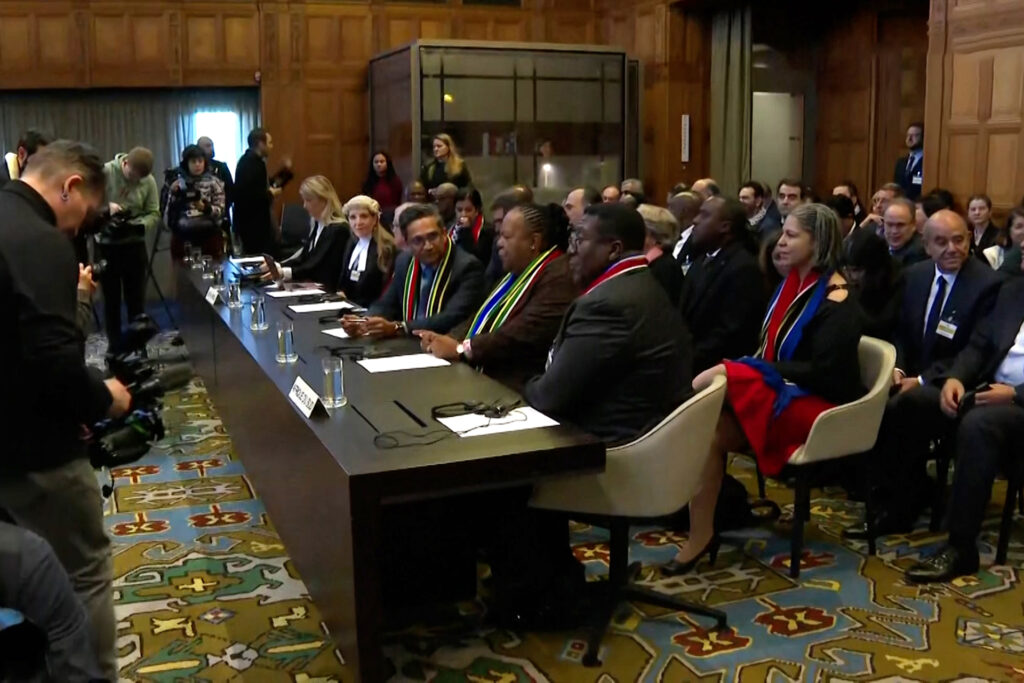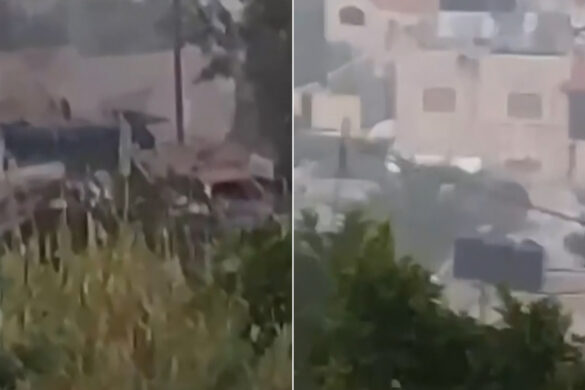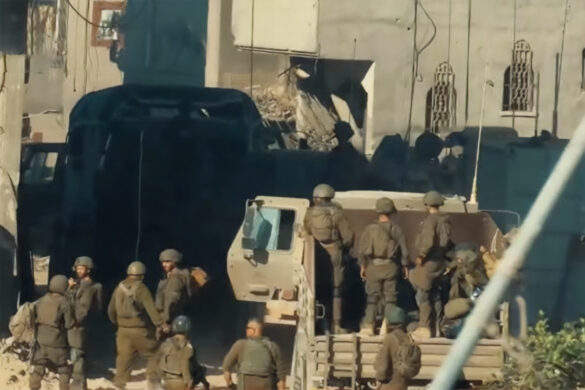5/24/2024–|Last updated: 5/24/202409:41 AM (Mecca time)
Judges of the International Court of Justice – the highest judicial body of the United Nations – are scheduled to rule on Friday on South Africa’s request to order Israel to stop its attack on the city of Rafah and withdraw from the Gaza Strip, as part of a broader case accusing Israel of committing genocide in the Strip.
South African lawyers asked the court last week to impose emergency measures, including an immediate halt to the Israeli war on Gaza, including Rafah, where it launched ground operations on May 7 despite the opposition of the international community.
Shortly after the court announced yesterday, Thursday, the session scheduled today to decide on issuing an order to stop the war, an Israeli government spokesman expressed Tel Aviv’s determination to continue its war on Gaza, regardless of the ruling, and said: “There is no force on the face of the earth that will prevent Israel from protecting its citizens and prosecuting… Hamas in Gaza.
Scenarios and fears
Yesterday, Thursday, the newspaper “Israel Today” quoted a senior diplomatic source as saying, “The Court of Justice is preparing to issue an order to stop the war in Gaza.”
According to the same source, there are two possibilities: that the court may order a halt to Israeli operations in the city of Rafah in southern Gaza, or beyond that, that it may seek to stop the broader war in Gaza entirely through judicial orders.
According to the Israeli newspaper’s sources, the orders to stop the war represent the most dangerous scenario that Israel has feared since the initial hearings in The Hague last January.
Such orders could significantly hinder Israel’s ability to continue its war on Gaza, although Israel has repeatedly stressed that it is not bound by the court’s rulings.
One big concern is that the injunctions from The Hague could precipitate a similar resolution by the UN Security Council, where Israel would once again need to convince the United States to veto the resolution.
It is noteworthy that the rulings issued by the International Court of Justice are final and binding, but they have been ignored in the past, and the court does not have executive powers.
The issuance of a resolution against Israel by the highest legal body of the United Nations may lead to increased diplomatic pressure on the government of Israeli Prime Minister Benjamin Netanyahu.
The International Court of Justice had previously rejected Israel’s request to annul the case in its entirety. The court ordered a halt to acts of genocide against Palestinians and allowed the flow of aid, while stopping short of ordering a halt to Israeli military operations.




